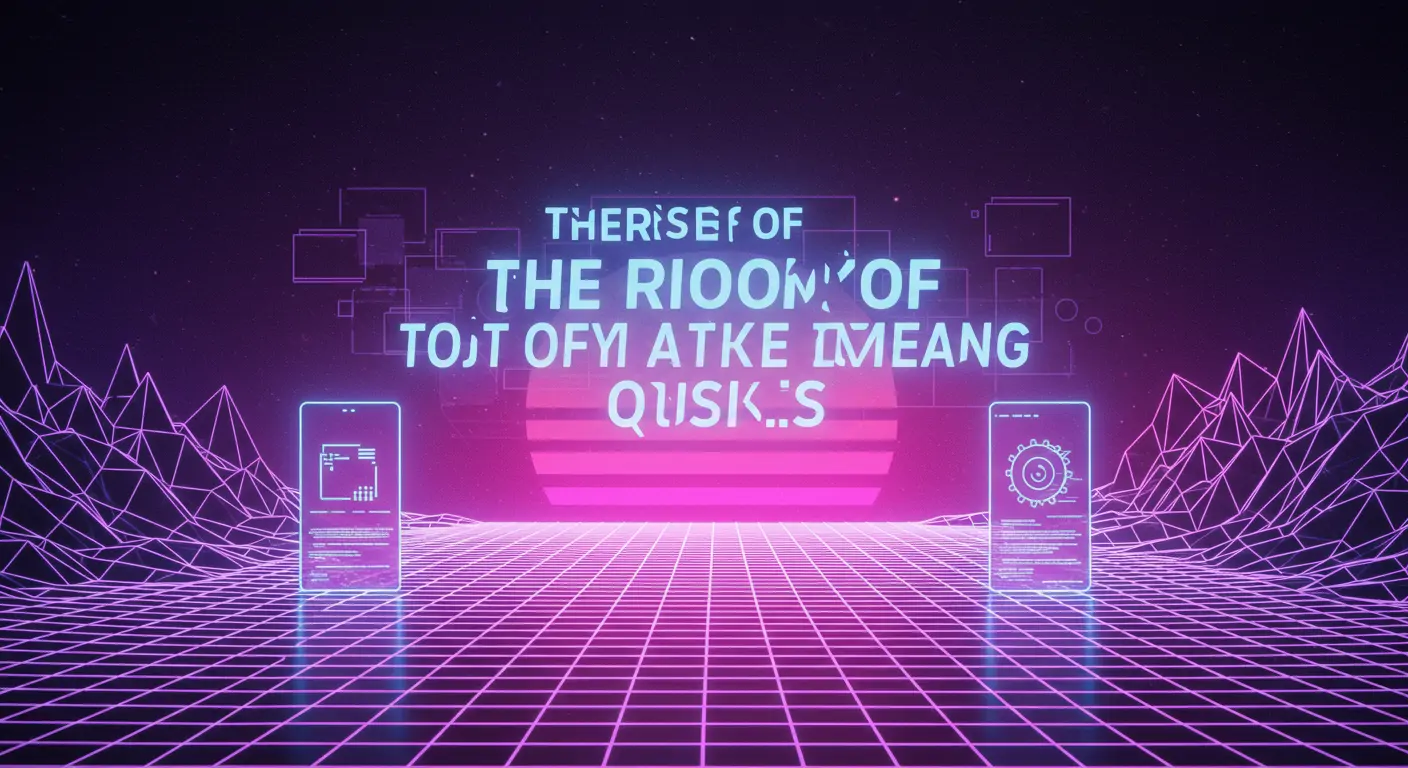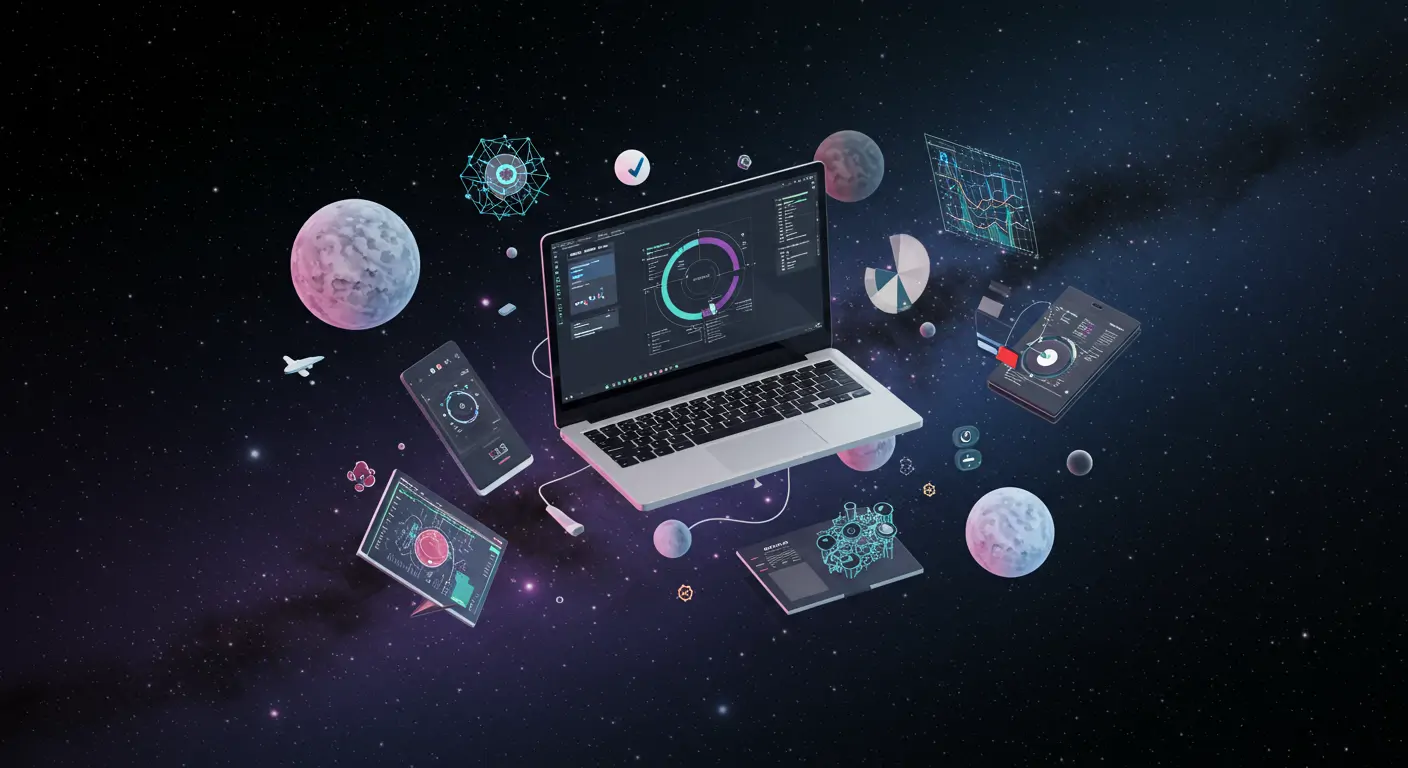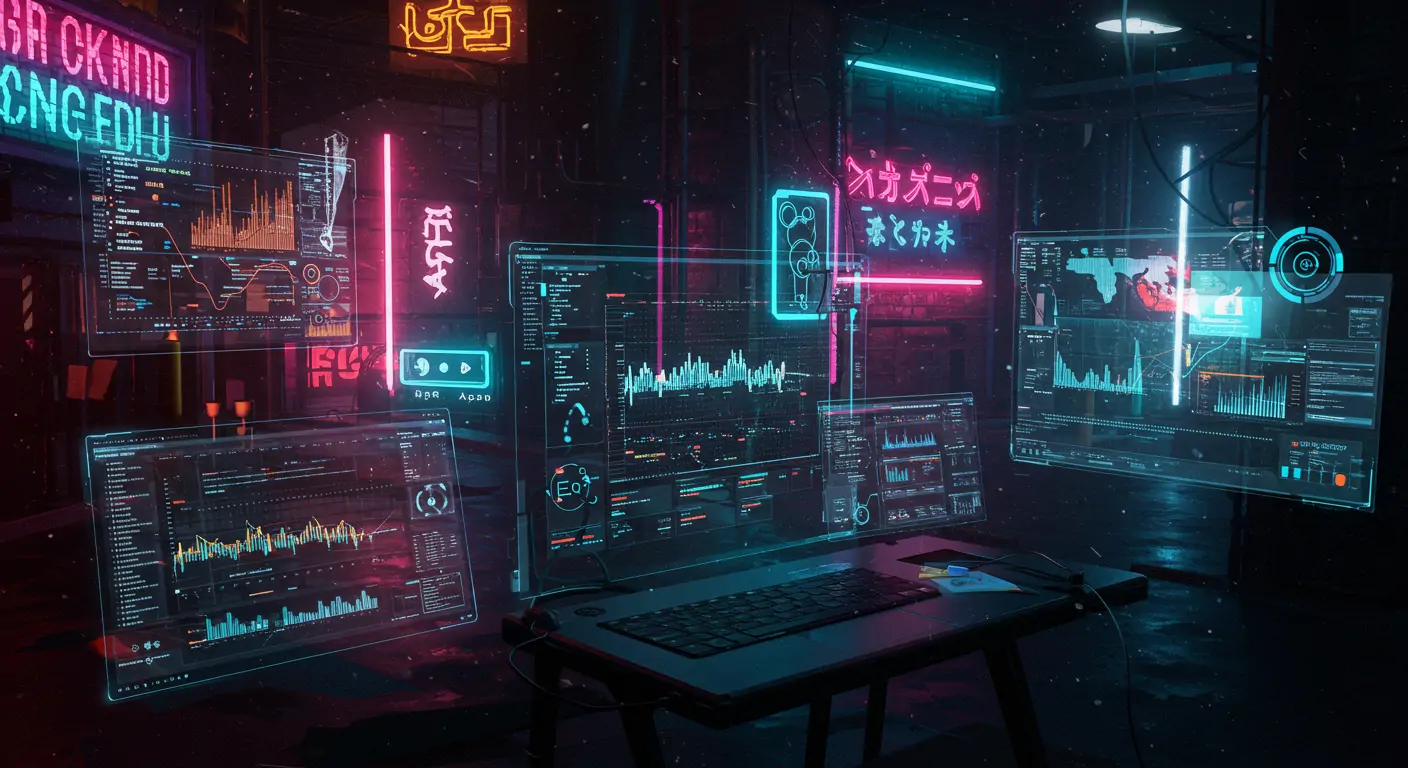Introduction: Why This Matters Now
In 2025, AI-driven developer tools are transforming the software development landscape, setting new benchmarks for quality and efficiency. According to a recent IDC report, 72% of software companies have integrated AI tools into their development processes, aiming to reduce bugs by 30% and improve delivery timelines by 40%. This trend signifies a paradigm shift, affecting developers, businesses, and investors globally. Estimated read time: 18 minutes
The Current State: What's Happening Right Now
As of mid-2025, the AI-driven developer tools market is valued at $13.5 billion, with an annual growth rate of 28%. Microsoft’s acquisition of CodeMagi in February 2025 highlights the aggressive push towards AI-enhanced coding solutions. Google’s recent launch of the Auto-Code platform in April 2025 further accelerates this trend. Traditional coding practices, which rely heavily on manual testing and debugging, are increasingly seen as inefficient amidst the fast-paced software market demands.
Key Drivers: What's Fueling This Trend
Driver 1: Economic Efficiency
AI tools such as DeepCode promise a 50% reduction in development costs, as highlighted in a Gartner report. Efficiency gains are a primary economic driver, compelling businesses to adopt AI solutions rapidly.
Driver 2: Technical Advancement
With the advent of more sophisticated machine learning algorithms, tools like Kite are not only identifying errors but also suggesting improvements, increasing code accuracy by 45%.
Real-World Impact & Case Studies
Case Study 1: XYZ Corp
- Implemented AI coding assistants in January 2024
- Achieved a 60% reduction in bug-related outages within six months
- Lesson: Proactive AI integration can significantly improve operational stability
Case Study 2: AlphaTech
- Adopted AI-based test automation tools in May 2024
- Reduced testing time by 70%, accelerating their product launch schedule
- Lesson: AI can drastically optimize the testing phase, enhancing time-to-market
Industry Implications
For Developers
- Learning AI-enhanced coding platforms is essential
- Opportunities in AI-specialized software roles
For Businesses
- Strategic adoption of AI tools for competitive edge
- Potential for increased innovation and reduced time-to-market
For Investors
- AI-driven developer tools present high-growth investment opportunities
- Consider risks of rapid technological obsolescence
Challenges & Criticisms
Critics argue that over-reliance on AI could reduce developer creativity. Furthermore, the AI tools' high initial integration cost is a barrier for smaller firms. Skeptics also point to security vulnerabilities, emphasizing the importance of robust cybersecurity measures.
Future Outlook: What's Next
In the next 6-12 months, expect a surge in hybrid AI-human development teams. By 2027, autonomous coding platforms could dominate, requiring developers to pivot towards more strategic roles. Key milestones include regulatory frameworks adapting to AI-augmented software solutions.
Frequently Asked Questions
- How do AI-driven tools improve software quality?
- What are the cost implications for adopting AI tools in development?
- Are there specific industries leading in AI tool adoption?
- What skills do developers need to adapt to AI-driven environments?
- What are the potential security risks associated with AI tools?
Conclusion: Key Takeaways
- AI-driven tools are setting new software quality standards.
- Developers must learn AI platforms to stay competitive.
- AI offers businesses improved efficiency and reduced costs.
- Investors can tap into this high-growth market.
For more, explore our AI tools guide and industry analysis reports.




